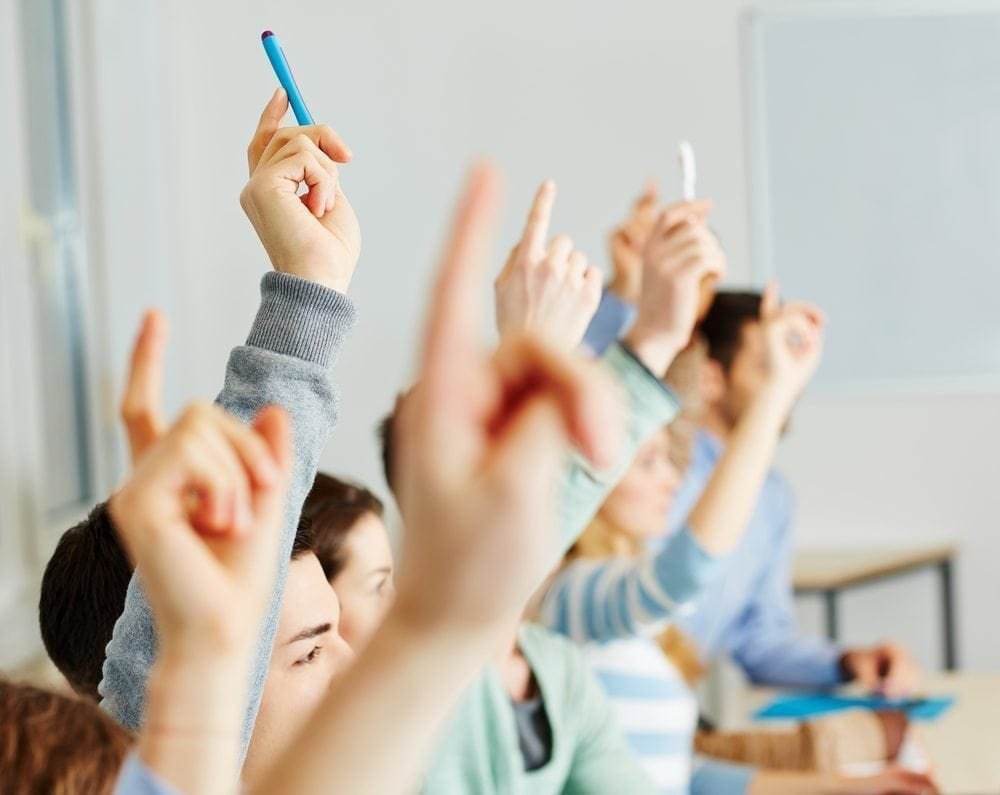The lessons
Each lesson provided students and teachers with the opportunity to participate in mindfulness practices, including activities focused on compassion and gratitude.
For example, kids were encouraged to think about people who are helpful to them – sometimes those they may not know well, like the bus driver – and to reflect on the role these people play in their lives.
Teachers reported one of the kids’ favourite activities was a practice called ‘Belly Buddies’, in which they listened to music while lying on their backs, a small stone resting on their stomachs. They were asked to notice the sensation of the stone, and to feel it rising and falling as they breathed in and out.
‘It’s something that’s so simple and it allows them to experience internal quietness and a sense of calm’, says Flook.
Mindfulness at work
The curriculum itself is rooted in long-standing adult mindfulness-based practices but was adapted to the children’s developmental ability.
The researchers measured the impact of the curriculum on sharing by using stickers the kids could choose to give to a variety of others or keep for themselves. They measured the kids’ ability to delay gratification by choosing one small reward to have immediately or waiting to receive a larger treat later.
The team looked at how well kids could switch from one mental task to another in a card-sorting activity, where they were first asked to sort by shape, then by colour and, finally, a mix of both. According to Flook, this is a particularly challenging task for children.
The research team examined the students’ academic performance in the months following the study.
The results
In addition to improved academics, the 30 students who went through the curriculum showed less selfish behaviour over time and greater mental flexibility than the 38 kids in the control group.
Flook cautions that while the study was designed as a randomised control trial, additional, larger studies are needed to demonstrate the curriculum’s true power. However, the results demonstrate its potential.
‘I think there’s increasing recognition of how social, emotional and cognitive functioning are intermingled; that kids may have difficulty in school when emotional challenges arise and that impacts learning.
‘Can you imagine how this could shift the climate of our schools, our community, our world, if cultivating these qualities was at the forefront of education?’
Lisa Flook, study lead author and CIHM scientist
Ultimately, the researchers would like to see mindfulness-based practices become ‘woven into’ the school day and adapted to students across grade levels. Ideally they should become a foundation for how teachers teach and how students approach learning, Flook says.
The research team was made up of graduate research assistant Simon Goldberg, outreach specialist Laura Pinger and CIHM founder Richard Davidson, the UW-Madison William James and Vilas Professor of Psychology and Psychiatry.
 Play Video about This Rock Might Just Save The World
Play Video about This Rock Might Just Save The World Play Video about Play 2 hours of rock
Play Video about Play 2 hours of rock Play Video about Play 2 hours of brook
Play Video about Play 2 hours of brook Play Video about Play 2 hours of sheep
Play Video about Play 2 hours of sheep









































